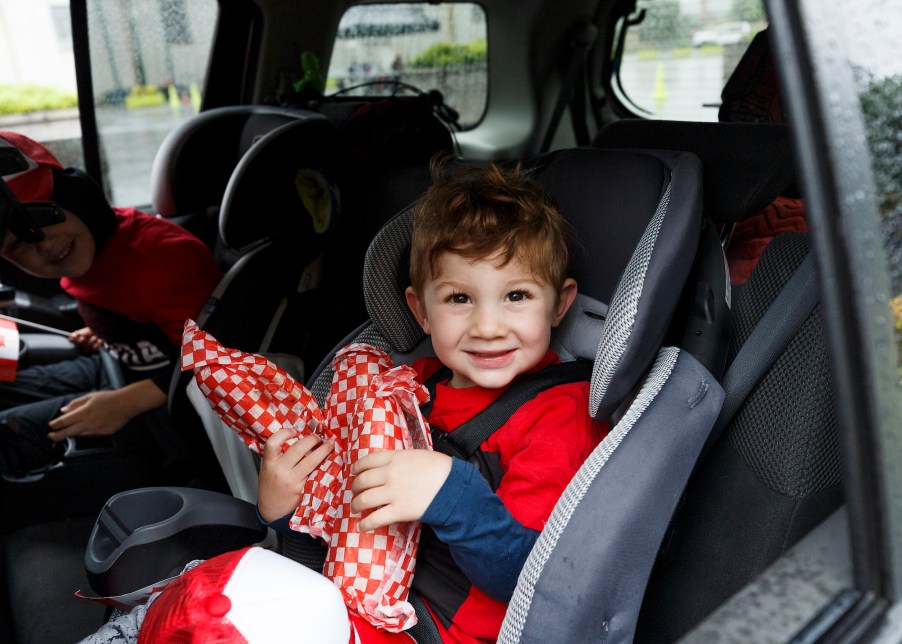
Recall Alert: These Child Booster Seats Could Crack in a Crash
Children’s car seats are a crucial component of car safety and a product that most expecting parents research as they await their new baby. Crucial to the safe transport of precious cargo, car seats undergo thorough testing before they’re allowed on the U.S. market. Unfortunately, some flaws still slip through the cracks, and like vehicles, car seats can face recalls.
Recently, three popular booster seat models have come under scrutiny for their ability to protect small passengers in crashes.
Infant, convertible, and booster seats: What’s the difference?
A quick Google search for “car seats” quickly makes clear the many options for modern-day parents. Although it’s encouraging that more companies than ever are trying to keep children safe, the plethora of options can make finding the perfect match difficult.
One of the first choices parents must make is whether they’d prefer an infant car seat or a convertible model. Infant car seats are rear-facing installations for newborns. Though most infant car seats are removable, compatible with strollers, and fit babies best, many parents lament that their children quickly outgrow these relatively pricey products.
Enter the convertible car seat. According to Very Well Family, many parents favor this option for its flexibility. Although these seats are bulkier and more expensive than infant seats, children can use convertible models longer. For example, parents can install these seats as rear- or forward-facing and change the configuration as their child grows.
In fact, some convertible car seats can transform into booster seats for bigger kids. Booster seats position school-aged children so that they can safely use a car’s seat belts. Some booster seats are highback models, while others are backless. Diono is a well-known brand that makes booster seats. However, it recently had to recall three popular models.
Diono Cambria 2 booster seats could crack in accidents
Unfortunately, three of Diono’s Cambria 2 models could crack during accidents, the National Highway Traffic Safety Administration reports. That defect put the seats in violation of the Federal Motor Vehicle Safety Standard number 213.
Nearly 7,000 booster seats with model numbers 31200-US-01, 31201-US-01, and 31202-US-01 are included in the recall. According to the NHTSA, these models could crack between the headrest and backrest in a crash. If that were to happen, the headrest could separate, increasing a child’s risk of injury.
As a result, Diono will notify owners and offer a free replacement backrest with headrest assembly. In the meantime, the company suggests “converting the seat into a backless booster seat until the replacement backrest is installed,” the NHTSA reports. Owners can contact Diono customer service at 855-463-4666.
Still, some worried parents may be interested in finding a new booster seat brand. Fortunately, as mentioned before, there’s no shortage of options.
Many factors should inform your purchase
In January, Babylist released a comprehensive guide to some of 2021’s best car seats, including models that can convert to booster seats. It’s a great resource for parents and a good way to find the perfect model for every taste and preference.
Babylist recommends the Graco 4Ever DLX 4-in-1 convertible car seat as a “one-and-done.” This model is easy to install despite its larger size and has 10 adjustable harness positions to grow with the child.
If parents don’t mind sticking with the Diono brand and need to fit three car seats in one row, the Radian 3RXT All-in-One has a slim profile and converts to a booster. Babylist likes its “steel alloy frame, aluminum reinforced sidewalls, energy-absorbing EPS foam, and reinforced adjustable head support that has 12 positions.”
No matter which model you choose, carefully follow installation instructions and check for recalls.


